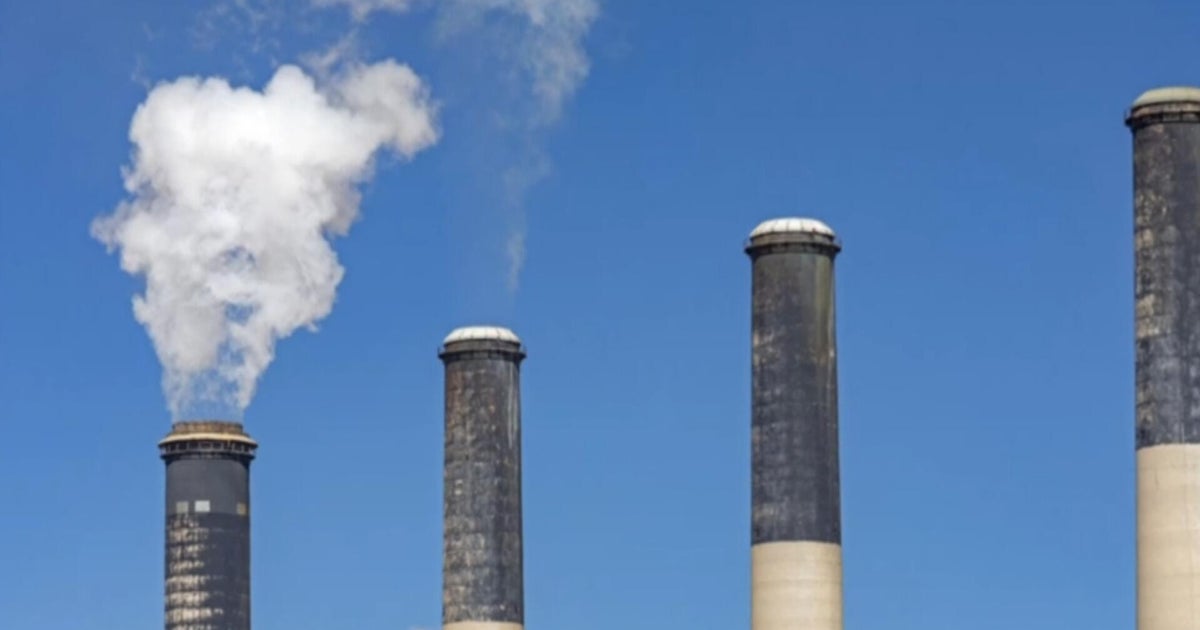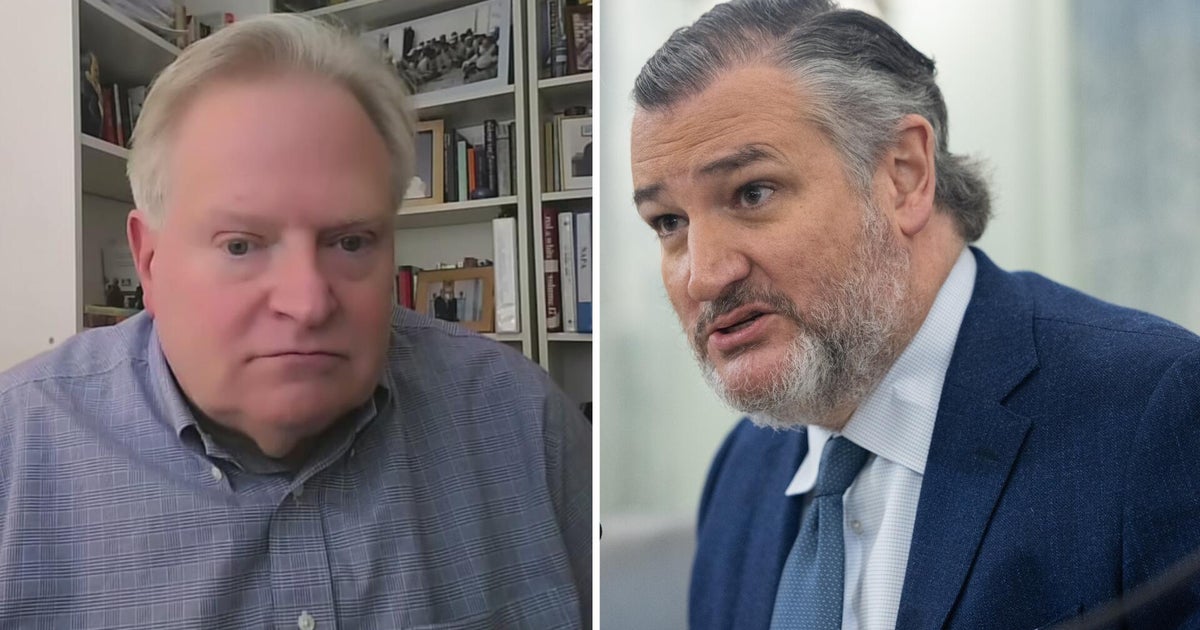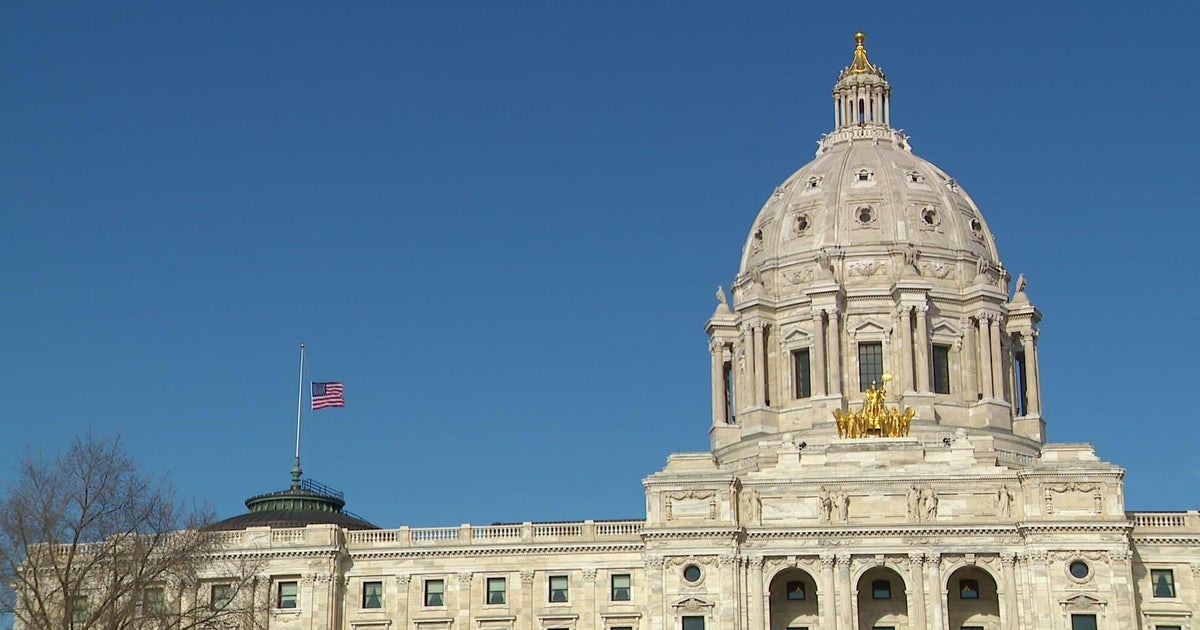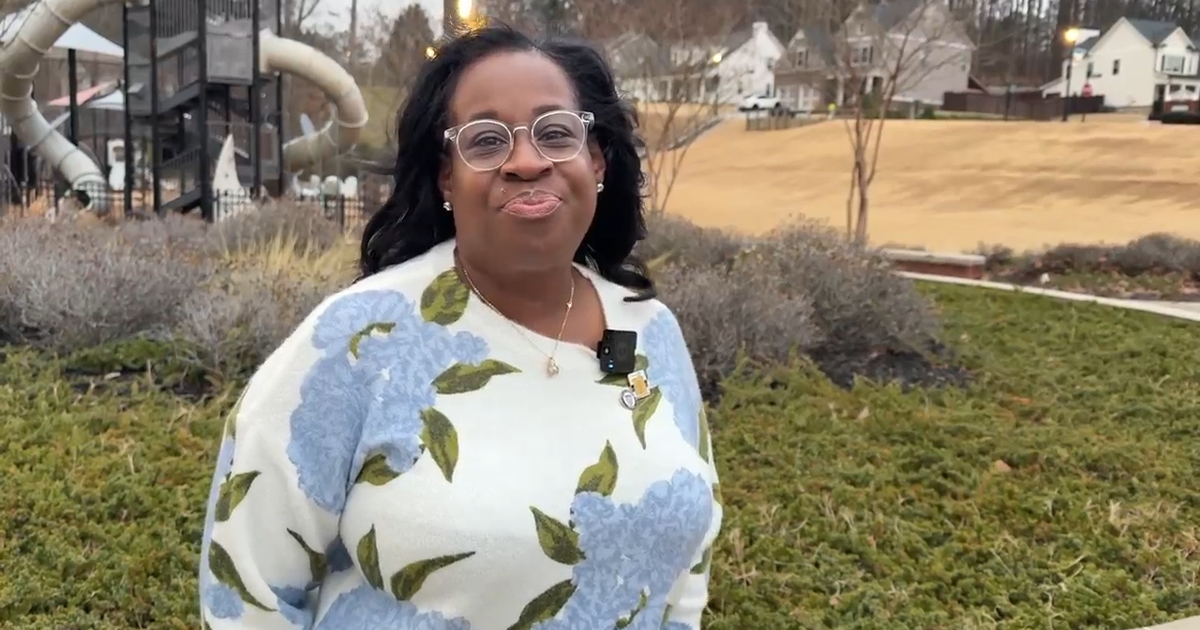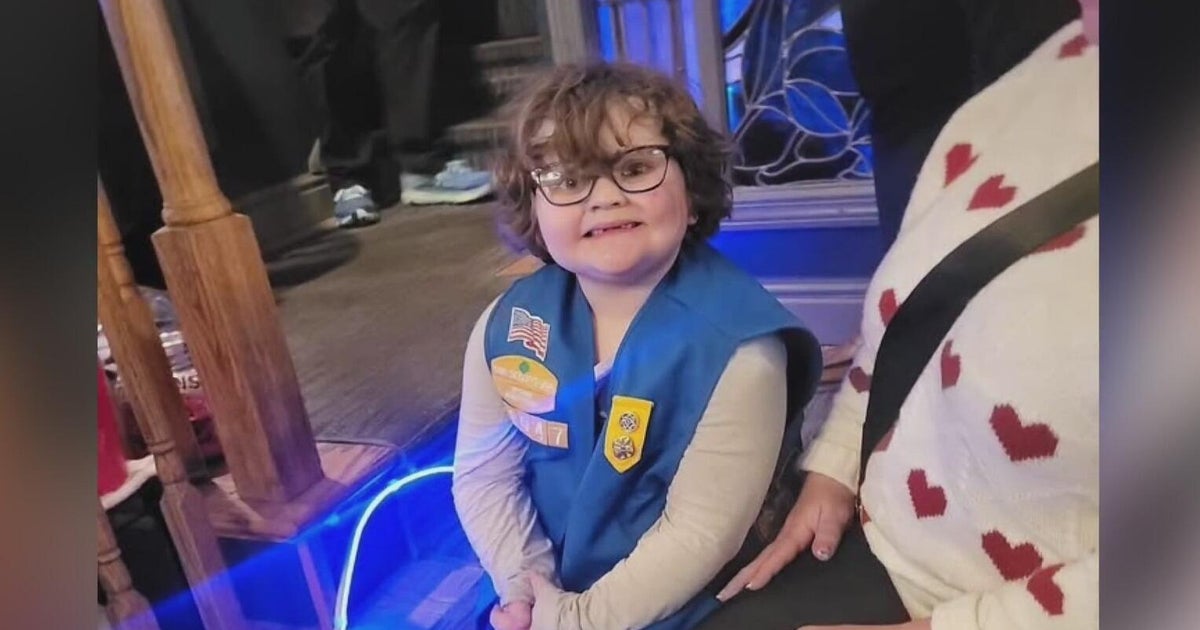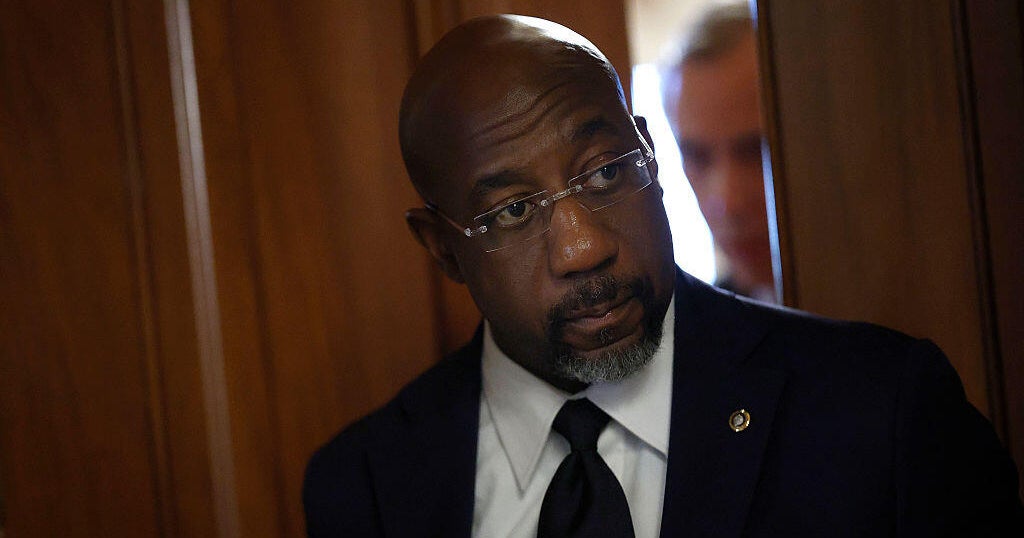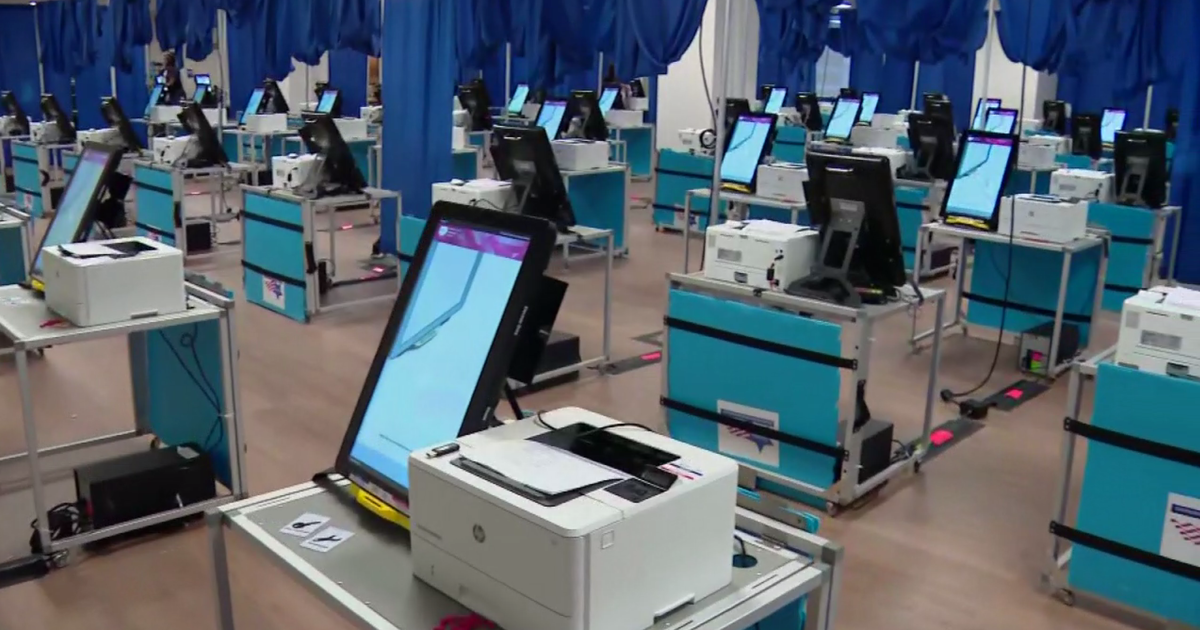Western Pennsylvania's congressmembers at odds with public on how to handle climate crisis
PITTSBURGH (KDKA) -- Research by Yale University shows that 70% of Americans think global warming will hurt future generations. Two-thirds say Congress should do more about it.
Climate change often seems undeniable. Record numbers of wildfires, unending floods, hurricanes, more spring tornadoes than ever, and an escalating number of 90 and 100-degree days.
"The average American is now aware that climate change is a serious issue, and they want the government to be doing something about it," according to Professor Karen Clay at Carnegie Mellon University.
Professor Clay often sees a disconnect between public desires on climate and the positions of their elected officials. That was the subject of a Pennsylvania study by Professor Holly Caggiano at the University of British Columbia.
Delano: Local elected officials believe one thing about climate change, while the public believes something else?
Caggiano: Yes, that's what we found in our study, and I think other studies support this as well.
Take two Republican-voting congressional districts near Pittsburgh represented by Republican members who voted against the bipartisan infrastructure bill and the Inflation Reduction Act, which contained the largest investment in reducing carbon emissions in U.S. history, among other provisions. Republicans criticized the bill as legislation that was too expensive and would advance liberal policies.
In the 14th congressional district south and west of Pittsburgh, 53% say they are worried about climate change, 62% say it will harm future generations, 71% support funding research into renewable energy, and 53% think Congress should do more on global warming.
It's not much different in the 16th congressional district to the north of Pittsburgh, where 55% are worried about climate change, 61% think it will harm future generations, 76% support renewable energy research, and 51% believe Congress should do more on global warming.
Why is there a disconnect between constituent views on climate change and the actions of their representatives?
KDKA-TV reached out to both congressmen who currently represent those districts, Guy Reschenthaler and Mike Kelly, but neither was available to discuss the topic.
"Americans say they want action on climate change, but it ranks No. 12 in terms of things they actually say they care about, right, below things like inflation, violence, the economy, [and] healthcare."
With other issues more important, that gives some elected officials permission to vote as they wish on climate change, often thinking constituent views mirror their own.
"What we saw was largely that what they believe about their constituents' preferences very much aligned with their own," Caggiano said.
What can the majority who support more action on climate change do?
"The best thing we can do to combat this is to create more space for open dialogue about what communities want. When there's more opportunity for communities to talk about what it prioritizes, where they want to be headed, and think about the future, I think there's more opportunity to correct these misperceptions," Caggiano said.
Clay says it may take something more, just like the first Earth Day in 1970 motivated the Clean Air Act and the creation of the Environmental Protection Agency.
"We may, in the next few years, get some kind of catalytic moment that will motivate politicians to be more on top of this climate issue," Clay added.
Whether that catalytic moment is some environmental catastrophe or not, who knows, but on this issue, like so many others, the public is almost always a few steps ahead of Congress.
KDKA-TV Investigative Producer Tory Wegerski contributed to this report.
